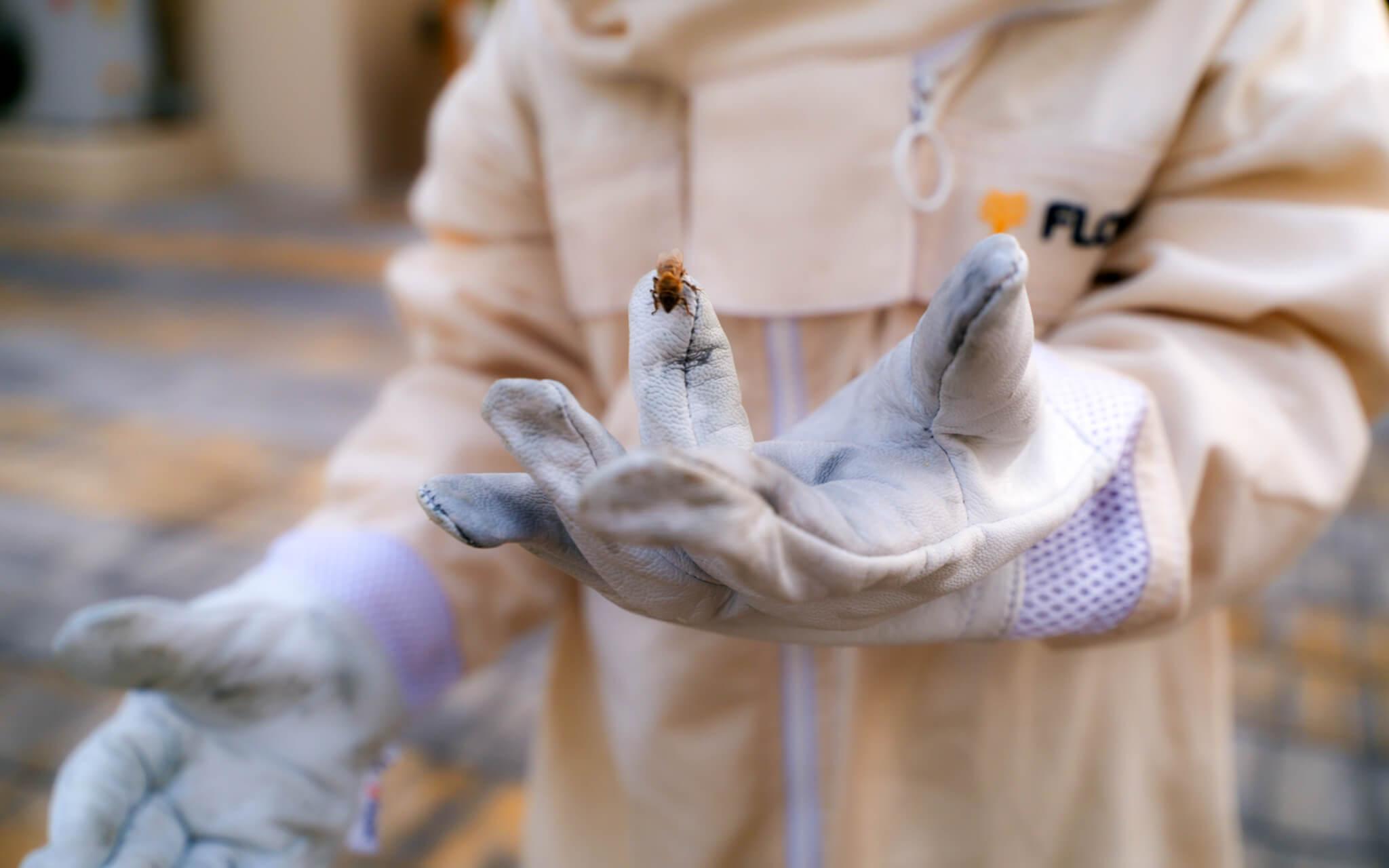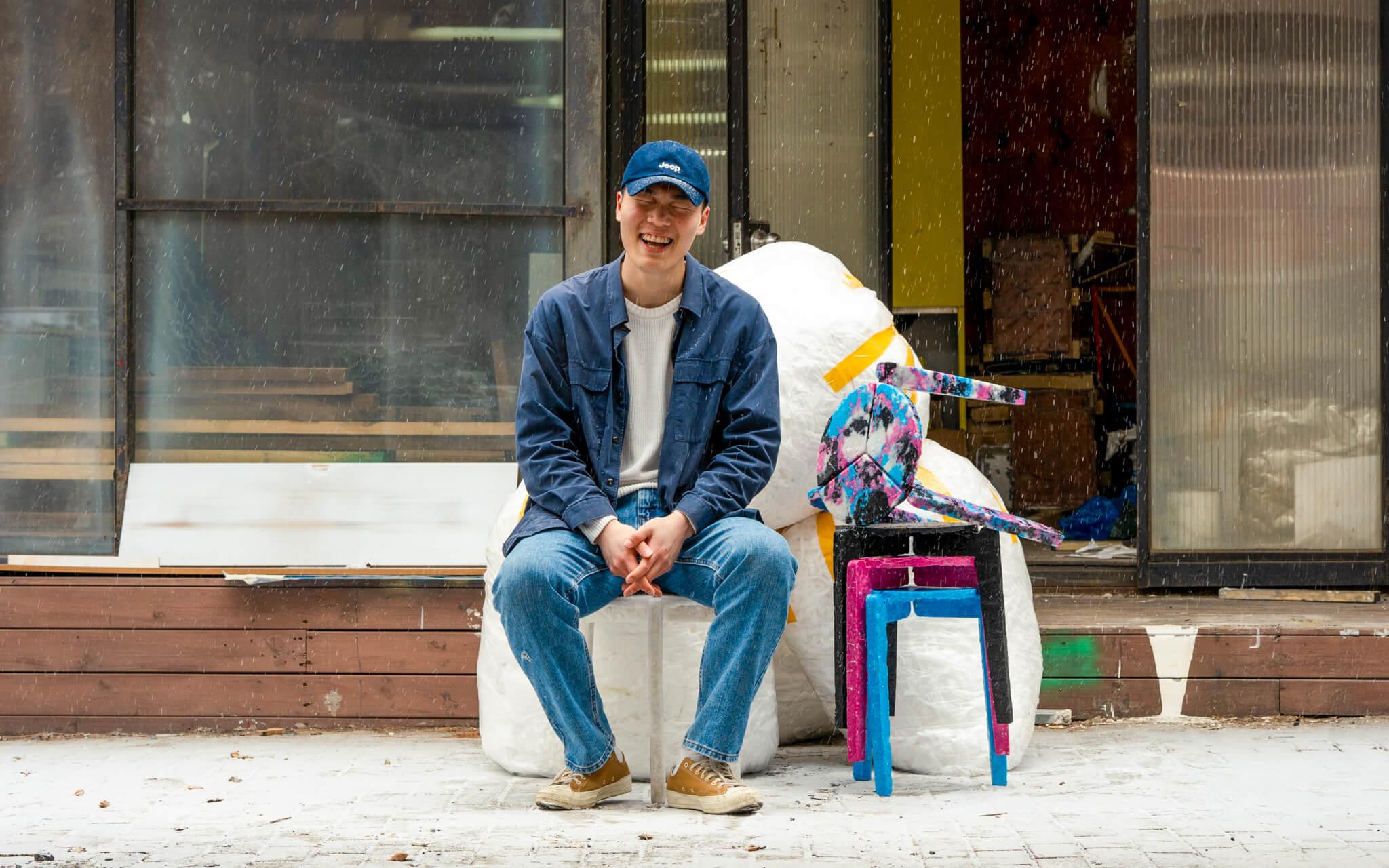Local Solutions to a Global Waste Crisis
In a world grappling with environmental challenges, WasteAid battles one of the most pressing issues: waste management. Led by CEO Ceris Turner-Bailes, this UK-based NGO is transforming lives and environments with innovative, community-driven solutions.
Nestled in the rolling hills of rural Scotland, Ceris Turner-Bailes passionately speaks of WasteAid's big dreams and bold plans. "A world where waste causes no harm and people are empowered to recover its value," Ceris says.
Where others see crisis, Ceris sees potential.
The stakes are sky-high. One in three people worldwide lack proper waste management, with global waste projected to increase by 73% by 2050. The consequences? Polluted ecosystems, increased greenhouse gas emissions, and severe public health risks.
WasteAid's approach involves simple, scalable solutions that create jobs, clean up communities, and tackle climate change – one waste pile at a time.
Ceris's diverse professional background prepared her for the role of waste warrior. From Royal Air Force officer to diplomat, her path led to the frontlines of humanitarian crises. However, her time implementing humanitarian programmes in crisis areas, particularly in DR Congo, opened her eyes to the pressing waste management challenges.
"Working in international development is all about empowering people and communities," she shares. "That's an absolute passion of mine and aligns with my own consciousness on environmental issues and the need to preserve our planet."
This focus is evident in WasteAid's three main programme areas: the Wastepreneur Challenge, First Step Resource Management, and Circular Economy Networks. These programmes aren’t just green; they’re designed to be inclusive and empower women. "Our programmes always have a gender focus," Ceris states. "We always make sure that there is a substantial proportion of women, usually over 50%, sometimes even greater."
The Wastepreneur Challenge provides essential training, mentoring, and financial support to turn waste collectors into thriving green business owners. "It's not just about the income," Ceris emphasises. "For the informal waste workers that we support, it's about giving them dignity." The impact has been significant, with participants now bringing in an income seven and a half times higher than before.
“We come to find out what's happening. Where are the gaps? Where can we support? How can we join up this sort of whole system approach? And how can we bring people together?” She says. “We don't come to bring our own ideas.” Empowering local communities with solutions relevant to their daily lives is key to the WasteAid mission.
The First Step Resource Management programme takes a holistic approach to waste reduction, focusing on community collections, behaviour change, and creating end markets for waste materials.
Ceris is particularly excited about the textile waste initiative in Uganda. "We're working with the Foreign Commonwealth Office, the UN Environment Programme, and UNCTAD," she says enthusiastically. The project aims to tackle the 26 tons of textile waste dumped at the Katizi site daily, working with the National College and the Ugandan Tailors Association to divert this waste, create new products, and establish a recycling hub.
In Gambia, The Circular Economy Network is stirring up a storm. Dubbed "Dennakuwo" (meaning "Together We Can"), this initiative, launched in partnership with the Chartered Institute of Wastes Management (CIWM), has grown to include 215 active members. The network spans a diverse range, from waste collectors and entrepreneurs to regional and national policymakers.
“We set up these networks to engage anyone who is interested in waste, recycling and green entrepreneurship,” she explains. “We work with the informal and private sectors, and we get local authorities involved.”
WasteAid's impact is substantial. From 2022 to 2023, they’ve reached over 1.3 million people in six countries, boosted 66 waste management initiatives and empowered over 2,000 individuals. In Cameroon, partnered with Bunzl Plc, they’ve transformed over 80 tonnes of plastic (four million bottles into 2,500 square meters of paving tiles).
We come to find out what's happening. Where are the gaps? Where can we support? How can we join up this sort of whole system approach? And how can we bring people together?
Funding hurdles and scaling challenges have yet to dim Ceris's spark. "We've grown about 600% over the last four years," she shares. "Our programmes are getting more sophisticated, touching more lives, and bringing more elements into play."
New projects are sprouting in Uganda, South Africa, and India. Ceris envisions the organisation evolving: “Linking with local authorities and national governments to have our approaches and our programmes more adopted and understood so that it can be a pathway to reducing environmental pollution, but also to supporting poverty alleviation."
When asked about the emotional toll of the work, Ceris's pragmatism shines through. "I don't think I'm numb to it," she reflects. "You see some challenging conditions, but you focus on the people behind those conditions, knowing that they have solutions and are really trying to push things forward."
As the world grapples with the dual challenges of waste management and climate change, WasteAid's work is more crucial than ever. Ceris sums up their mission: "We think global and act local. We're not only helping to improve the environment but are also stimulating economic, health, and wellbeing benefits in many vulnerable areas of the world."
WasteAid's journey showcases a powerful truth: local innovation and global empowerment by can turn the tide on the world's waste crisis, creating a cleaner, more sustainable future for all.
“It's about bringing people together,” Ceris explains as we wrap up. “Because there's a lot of passionate people that want to fix the issue.”
Most Popular
The Climate Tribe delivers stories about Biodiversity and Conservation, Circular Economy, Food and Water , and how they intersect with climate.
Subscribe
Get the latest stories inspiring climate action around the globe straight to your inbox.






